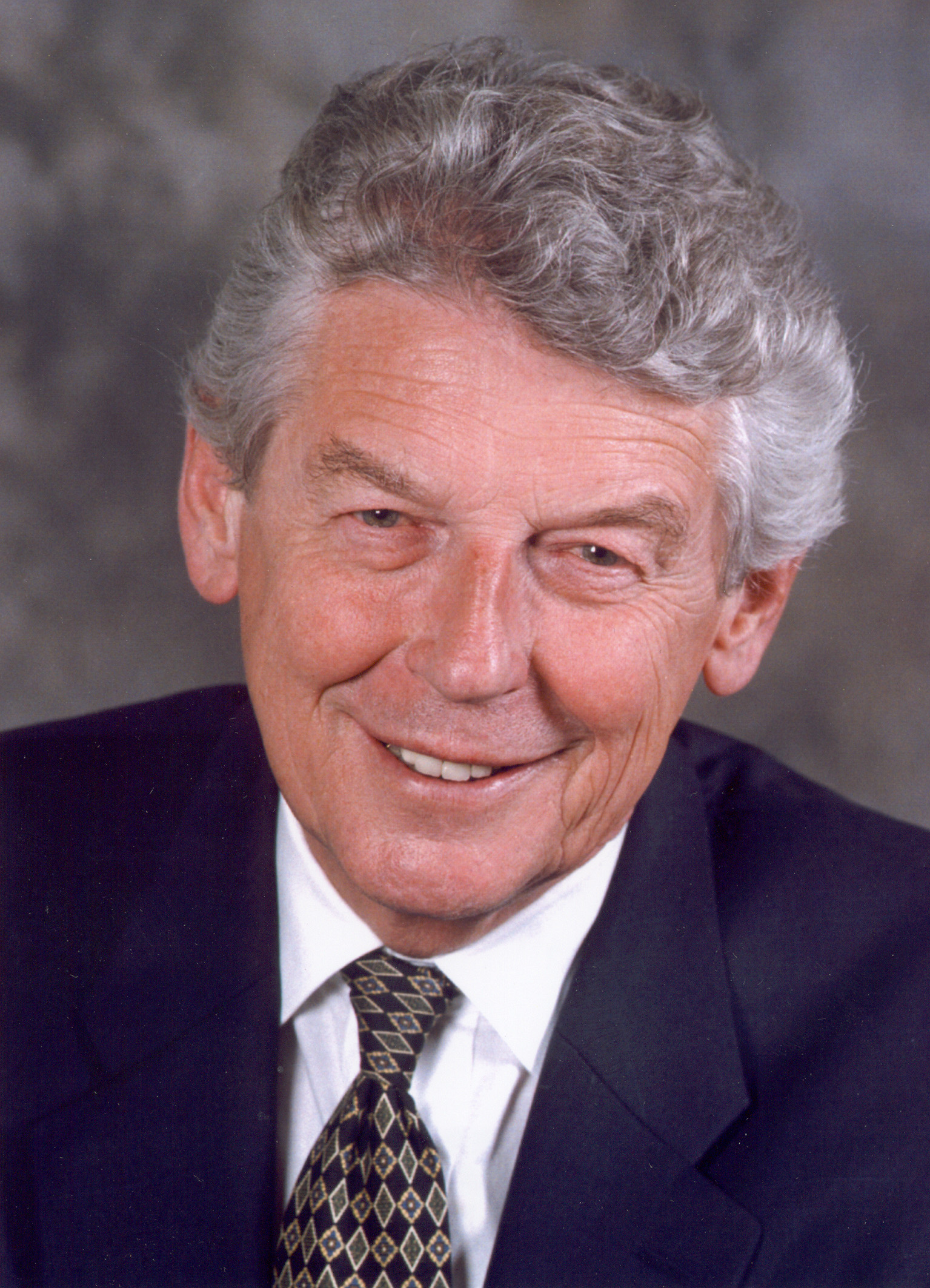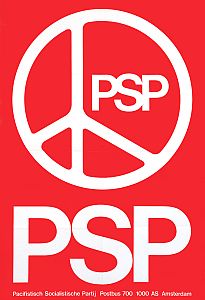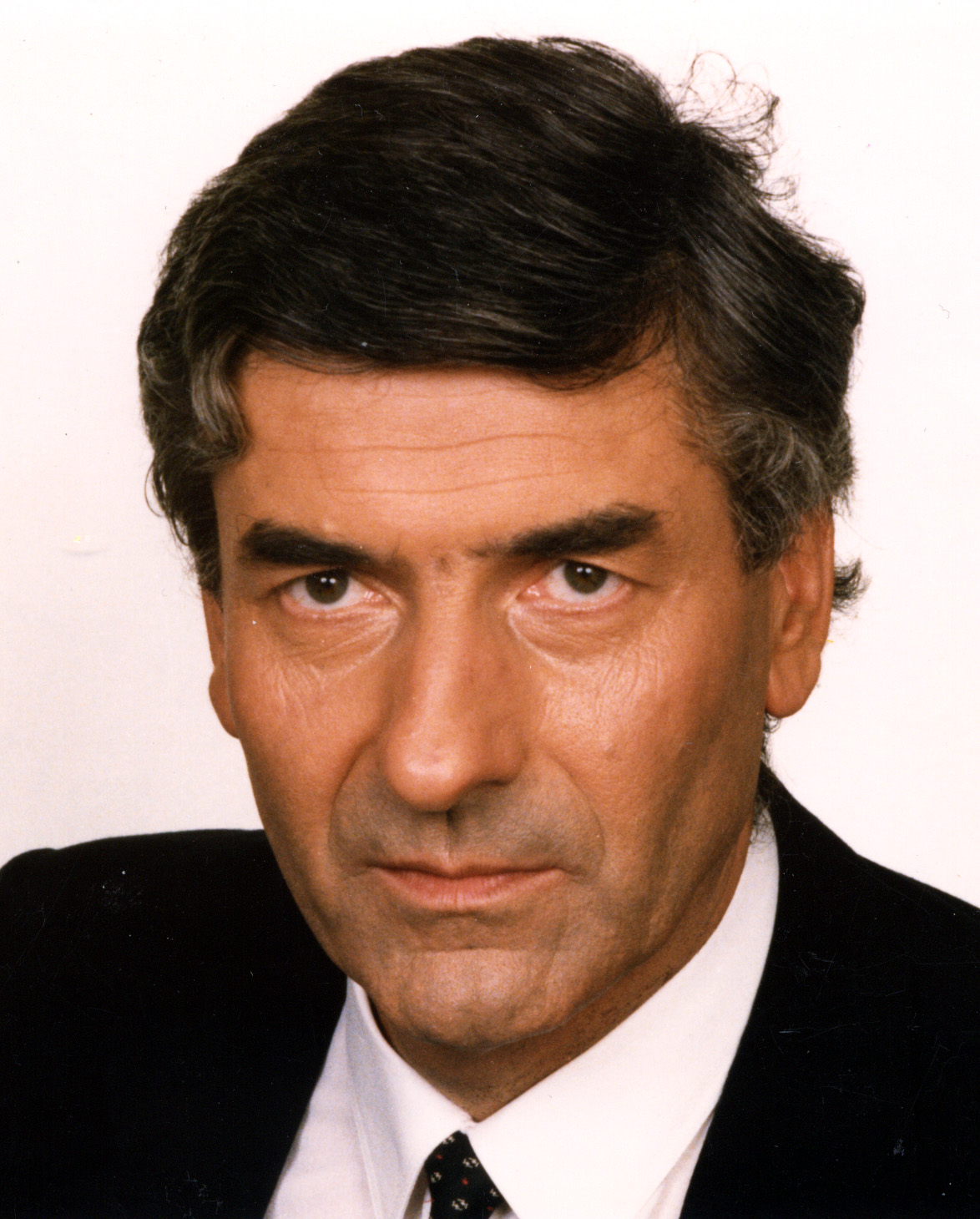|
GroenLinks
GroenLinks (, ) is a green political party in the Netherlands. It was formed on 1 March 1989 from the merger of four left-wing parties: the Communist Party of the Netherlands, the Pacifist Socialist Party, the Political Party of Radicals and the Evangelical People's Party, which shared left-wing and progressive ideals and earlier co-operated in Regenboog-coalition for the 1989 European Parliament election. After disappointing results in the 1989 and 1994 general elections, the nascent party fared particularly well in the 1998 and 2002 elections. The party's leader at that time, Paul Rosenmöller, was seen as the unofficial Leader of the Opposition against the First Kok cabinet, a purple government. The party's number of seats fell from 10 to 4 seats in the 2012 election, before increasing to 14 in 2017 and falling to 8 in 2021. The party failed to enter the cabinet in 2017 and 2021-2022. A merger with the Labour Party is currently under discussion. GroenLinks describes ... [...More Info...] [...Related Items...] OR: [Wikipedia] [Google] [Baidu] |
Jesse Klaver
Jesse Feras Klaver (born 1 May 1986) is a Dutch politician serving as a member of the House of Representatives (Netherlands), House of Representatives since 2010 and Leader of GroenLinks since 2015. Prior to this, he chaired the youth union of the Christelijk Nationaal Vakverbond from 2009 to 2010. Early life Jesse Feras Klaver was born on 1 May 1986 in Roosendaal. His father has a Riffians, Riffian-Moroccans, Moroccan background and his mother has a mixed Dutch and Overseas Indonesian, Indonesian background.Calvinist en er goed uit zien (in Dutch), ''Trouw''. He grew up in a social housing project without the presence of his father. His grandparents played a large role in his upbringing. Between 1999 and 2004, he attended the vmbo at the Waldorf education ... [...More Info...] [...Related Items...] OR: [Wikipedia] [Google] [Baidu] |
Paul Rosenmöller
Paul Rosenmöller (born 11 May 1956) is a Dutch television presenter, politician, and former trade unionist. Between 1989 and 2003, he was member of the Dutch House of Representatives for GroenLinks ('GreenLeft') and was party leader from 1994. Since June 2019 he is a member of the Senate for GroenLinks. Biography Rosenmöller was born in Den Helder in 1956; his father was CEO of Vroom & Dreesmann. After finishing atheneum-b in Haarlem in 1974, Rosenmöller studied sociology. During his study Rosenmöller became associated with radical socialist, maoist groups. He stopped studying in 1978 to work in the harbour of Rotterdam. He worked for the shipping company Müller Thomson. In 1985 he became a member of the board of the Transportation branch of the Rotterdam FNV labour union. He negotiated with VNO-NCW and is spokesperson during several strikes. Rosenmöller got national fame because of his radical position in these negotiations and strikes. He was a member of Group of M ... [...More Info...] [...Related Items...] OR: [Wikipedia] [Google] [Baidu] |
List Of Political Parties In The Netherlands
This article lists political parties in the Netherlands, which has a multi-party system with numerous political parties, in which any one party has little chance of gaining power alone, and parties often work with each other to form coalition governments. The lower house of the legislature, the House of Representatives, is elected by a national party-list system of proportional representation. There is no threshold for getting a seat, making it possible for a party to get a seat with only two-thirds percent of the vote—roughly one seat for every 67,000 votes. No party has won a majority of seats since the election of 1894, Dieter Nohlen & Philip Stöver (2010) ''Elections in Europe: A data handbook'', p1412 and no party has even approached the seats needed for a majority since the current proportional representation system was implemented in 1918. All Dutch governments since then have been coalitions between two or more parties. However, there is a broad consensus on the ... [...More Info...] [...Related Items...] OR: [Wikipedia] [Google] [Baidu] |
House Of Representatives (Netherlands)
The House of Representatives (, pronounced ; commonly referred to as the ', literally "Second Chamber of the States General") is the lower house of the bicameral parliament of the Netherlands, the States General, the other one being the Senate. It has 150 seats, which are filled through elections using party-list proportional representation. Generally, the house is located in the Binnenhof in The Hague, however, it has temporarily moved to the former building of the Ministry of Foreign Affairs at Bezuidenhoutseweg 67 in the Hague while the Binnenhof is being renovated. Name Although the body is officially called the "House of Representatives" in English, it is not a direct translation of its official Dutch name, the "Second Chamber of the States General", "Second Chamber" or more colloquially just the "Chamber". Rather than "representative" (''afgevaardigde''), a member of the House is referred to as ''(Tweede) Kamerlid'', or "member of the (Second) Chamber". Functions The H ... [...More Info...] [...Related Items...] OR: [Wikipedia] [Google] [Baidu] |
2002 Dutch General Election
General elections were held in the Netherlands on 15 May 2002.Dieter Nohlen & Philip Stöver (2010) ''Elections in Europe: A data handbook'', p1396 The elections were amongst the most dramatic in Dutch history, not just in terms of the electoral results, as they were completely overshadowed by the assassination of leader Pim Fortuyn only nine days before election day. Fortuyn had led the Pim Fortuyn List (LPF) party, a right-wing populist party that represented his political views. He had drawn controversy in the campaign with his views on Islam, attacked the government's immigration policies and had also questioned many aspects of government by the previous 'purple' cabinets of Wim Kok, which he blamed for everything from crime to waiting lists in health services. After his death, the LPF made its general election debut with 17% of the vote, coming in second place. The Christian Democratic Appeal (CDA), which took a neutral stance towards Fortuyn, gained seats to become the cou ... [...More Info...] [...Related Items...] OR: [Wikipedia] [Google] [Baidu] |
DWARS
DWARS, GroenLinkse Jongeren is the independent youth wing of GreenLeft, a Dutch green political party. Ideals and policies Both the ''manifest for a better world'', the organisation's program of principles and ''2025 - DWARS' proposals for the future'', the organisation's political program the party lists its five core-ideals which are equal to each other: * Sustainability: DWARS wants to share the Earth's finite resources with future generations. Furthermore, it believes that the rights of animals should be protected. In practice this means that DWARS supports the use of renewable energy, wants to invest in public transport and use the European agricultural subsidies to finance the transition from industrial farming to organic agriculture, DWARS seeks to include animal rights in the Dutch constitution and supports squatting as a means to protest the government's housing policies. * Solidarity: DWARS wants to divide the resources of the world in such a way that every person ha ... [...More Info...] [...Related Items...] OR: [Wikipedia] [Google] [Baidu] |
Pacifist Socialist Party
The Pacifist Socialist Party ( nl, Pacifistisch Socialistische Partij, PSP) was a democratic socialist Dutch socialist political party. The PSP played a small role in Dutch politics. It is one of the predecessors of the GreenLeft. Party history Before 1957 In 1955 a group of "politically homeless" activists had formed. The group mainly consisted of former members of the Labour Party (PvdA) and the Communist Party of the Netherlands (CPN). They had left the PvdA over the military intervention against the Indonesian independence movement and the Labour party's support for NATO. Many of them had a background in the orthodox Marxist wing of the Social Democratic Workers' Party or the Christian Democratic Union (CDU), which had merged into the PvdA. The former members of the CPN had left their party over the Stalinist course of the CPN. There was also a group of these politically homeless that had never been members of parties, while others had been member of pre-war parties su ... [...More Info...] [...Related Items...] OR: [Wikipedia] [Google] [Baidu] |
1998 Dutch General Election
General elections were held in the Netherlands on 6 May 1998.Dieter Nohlen & Philip Stöver (2010) ''Elections in Europe: A data handbook'', p1396 , they mark the last time a government headed by the Labour Party (PvdA) has been elected, or that that party won the popular vote and the most seats in the House of Representatives. Introduction During the 1998 election the purple coalition of social-democrats and liberals (left and right) fortified its majority. Both the social-democratic PvdA and the conservative liberal VVD won considerably, much at the cost of their junior partner in cabinet, the progressive liberal D66. Political observers attributed the win to the economic performance of the coalition, including reduction of unemployment and the budget deficit, steady growth and job creation combined with wage freezes and trimming of the welfare state, together with a policy of fiscal restraint. [...More Info...] [...Related Items...] OR: [Wikipedia] [Google] [Baidu] |
Senate (Netherlands)
The Senate ( or simply ' , literally "First Chamber of the States General", or sometimes ' ) is the upper house of the States General, the legislature of the Netherlands. Its 75 members are elected on lists by the members of the twelve States-Provincial and four electoral colleges for the Senate every four years, within three months of the provincial elections. All provinces and colleges have different electoral weight depending on their population. Members of the Senate tend to be veteran or part-time politicians at the national level, often having other roles. They receive an allowance which is about a quarter of the salary of the members of the lower house. Unlike the politically more significant House of Representatives, it meets only once a week. It has the right to accept or reject legislative proposals but not to amend them or to initiate legislation. Directly after a bill has been passed by the House of Representatives, it is sent to the Senate and is submitted to a p ... [...More Info...] [...Related Items...] OR: [Wikipedia] [Google] [Baidu] |
1994 Dutch General Election
General elections were held in the Netherlands on 3 May 1994.Dieter Nohlen & Philip Stöver (2010) ''Elections in Europe: A data handbook'', p1396 The Labour Party emerged as the largest party, winning 37 of the 150 seats in the House of Representatives.Nohlen & Stöver, p1414 The election resulted in significant losses for both the Labour Party and the Christian Democratic Appeal. The two liberal parties, People's Party for Freedom and Democracy and Democrats 66 made large gains, whilst two pro-elderly parties and the Socialist Party all passed the electoral threshold to win seats. The formation of a government coalition was arduous but after four months the First Kok cabinet was formed. It was an unprecedented coalition of the two liberal parties and Labour. The CDA was consigned to opposition for the first time in its history. It was also the first government since 1918 not to include a Christian Democratic party. Results By province References Further reading *Irwin, ... [...More Info...] [...Related Items...] OR: [Wikipedia] [Google] [Baidu] |
1989 Dutch General Election
General elections were held in the Netherlands on 6 September 1989.Dieter Nohlen & Philip Stöver (2010) ''Elections in Europe: A data handbook'', p1396 The Christian Democratic Appeal (CDA) remained the largest party, winning 54 of the 150 seats in the House of Representatives.Nohlen & Stöver, p1414 This chamber served for 4 years and 7 months, the longest tenure of any modern Dutch parliament. Following the elections, the CDA formed a coalition government with the Labour Party with the CDA's Ruud Lubbers continuing as Prime Minister. Results By province References {{Dutch general elections General elections in the Netherlands Netherlands ) , anthem = ( en, "William of Nassau") , image_map = , map_caption = , subdivision_type = Sovereign state , subdivision_name = Kingdom of the Netherlands , established_title = Before independence , established_date = Spanish Netherl ... 1989 elections in the Netherlands 1989 in the Netherlands September 1989 even ... [...More Info...] [...Related Items...] OR: [Wikipedia] [Google] [Baidu] |
Bas Eickhout
Bas Eickhout (born 8 October 1976) is a Dutch politician who has been a Member of the European Parliament (MEP) since the 2009 elections. He is a member of the GreenLeft, part of the European Green Party. Education and early career Eickhout attended high school at the Cobbenhagen College in Tilburg. Between 1994 and 2000, he studied chemistry and environmental science at Radboud University in Nijmegen. During his studies, he was an intern at research information centers in Nijmegen and in the United States. He also chaired the Nijmegen Association of Chemistry Students Sigma, and he was a member of the Nijmegen University Council. From 2000, Eickhout worked as a researcher at the Netherlands National Institute for Public Health and the Environment. He worked on several projects which had to do with transnational environmental problems such as climate change, and was the institute's spokesperson on the sustainability of biofuels. Political career Since the 1990s, Eickhout ... [...More Info...] [...Related Items...] OR: [Wikipedia] [Google] [Baidu] |



